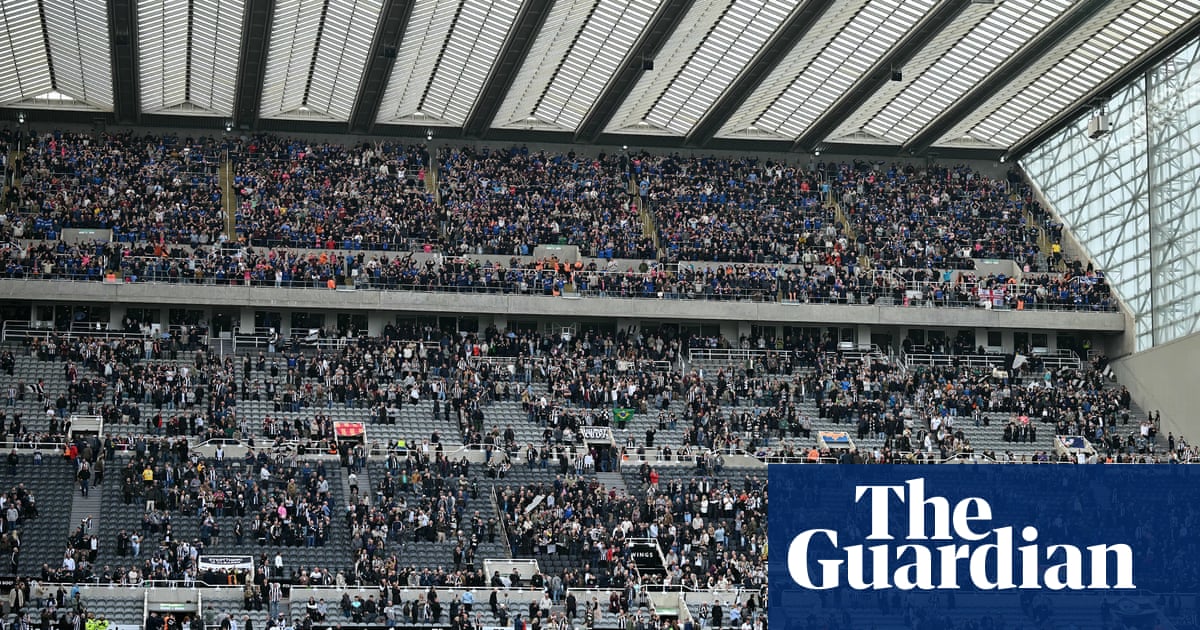A Labour MP has called for trials to assess the impact of lifting a decades-long ban on drinking alcohol in football stands.
York Outer MP Luke Charters said football needs to take a “modern approach” to the issue in a debate on the football governance bill earlier this week.
Legislation has been in place since 1985 banning fans from consuming alcohol in view of the pitch in the top five tiers of the men’s game in England.
It was part of attempts to tackle hooliganism but other sports were not affected by the ban. Fans watching professional rugby matches, for example, can generally consume alcohol while sitting in the stands.
“Its been 40 years since alcohol was banned in view of the pitch,” Charters said.
“Perhaps it is time for a modern approach to a modern game. The days of hooliganism are gone. Fans of other sports can drink in the stands but football fans cannot.”
Charters said limited trials of drinking zones in view of the pitch should be looked at.
A trial allowing the consumption of alcohol in view of the pitch has already taken place in the women’s game, which is not covered by the 1985 ban.
Four clubs – Bristol City, Southampton, Birmingham City and Newcastle United – participated in the trial for certain games in the latter part of the season.
Charters accepted it would not work on every occasion but said there were instances were the policy could be reviewed.
“For me, we should always keep family areas free of that, but let us give fans who want to drink in the stands the chance to do so responsibly, or at least let us have a conversation about it,” he told the Commons.
During the debate, Charters also said that “there is no greater problem” facing football fans in England than ticket prices.
The MP called for a £30 away ticket cap – which is already in place in the Premier League – to be applied across the EFL and National League.
The FA has been approached for comment.
